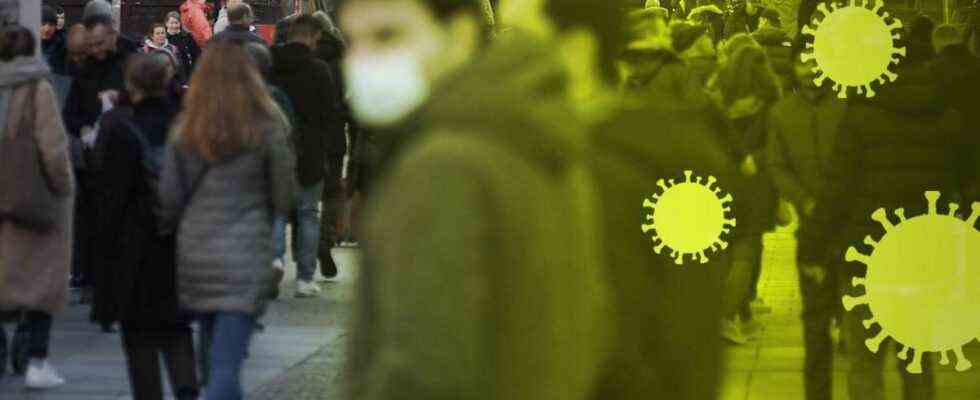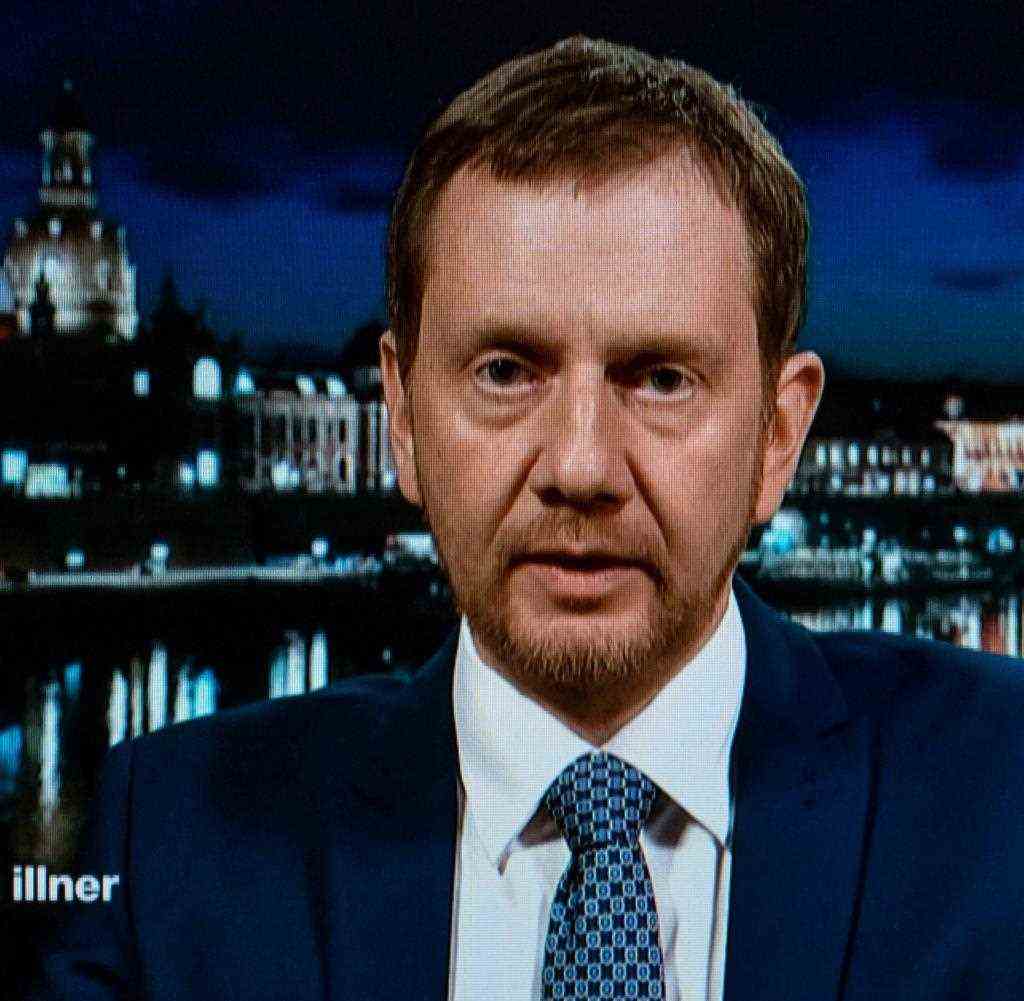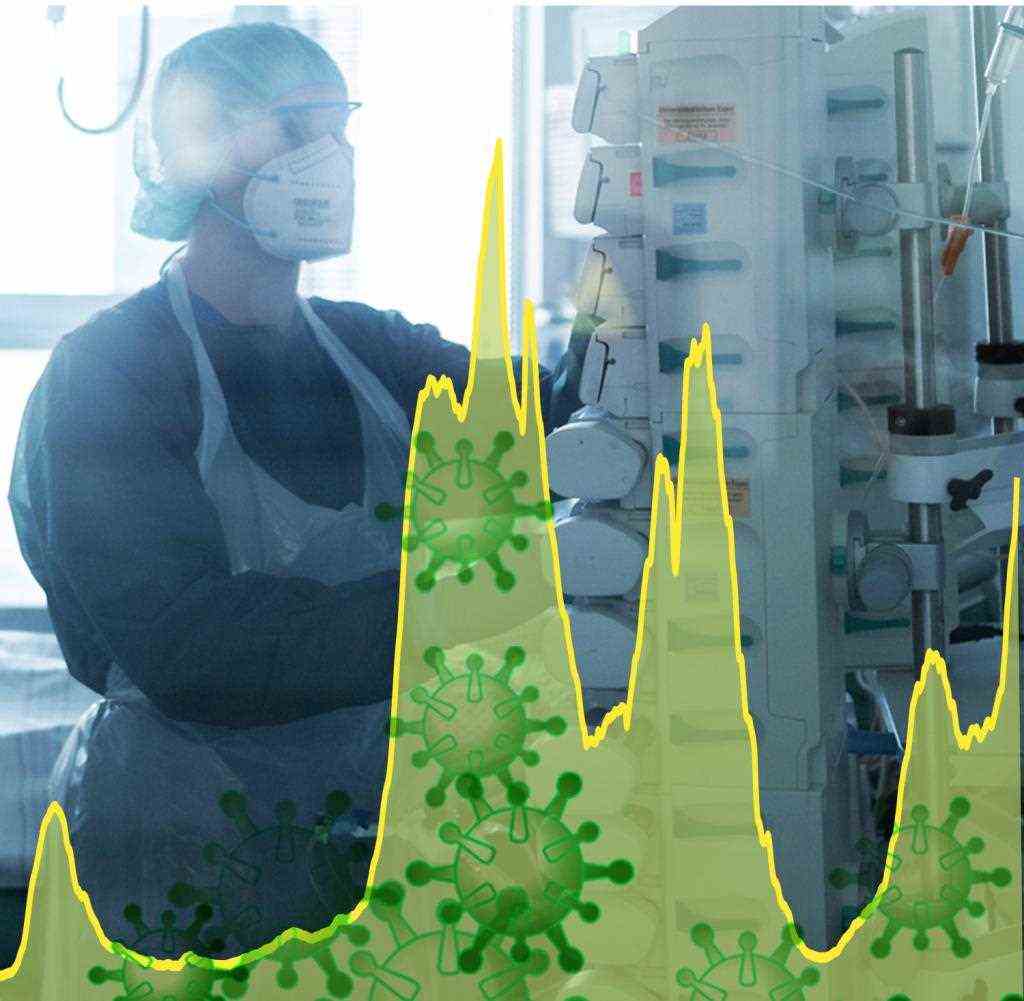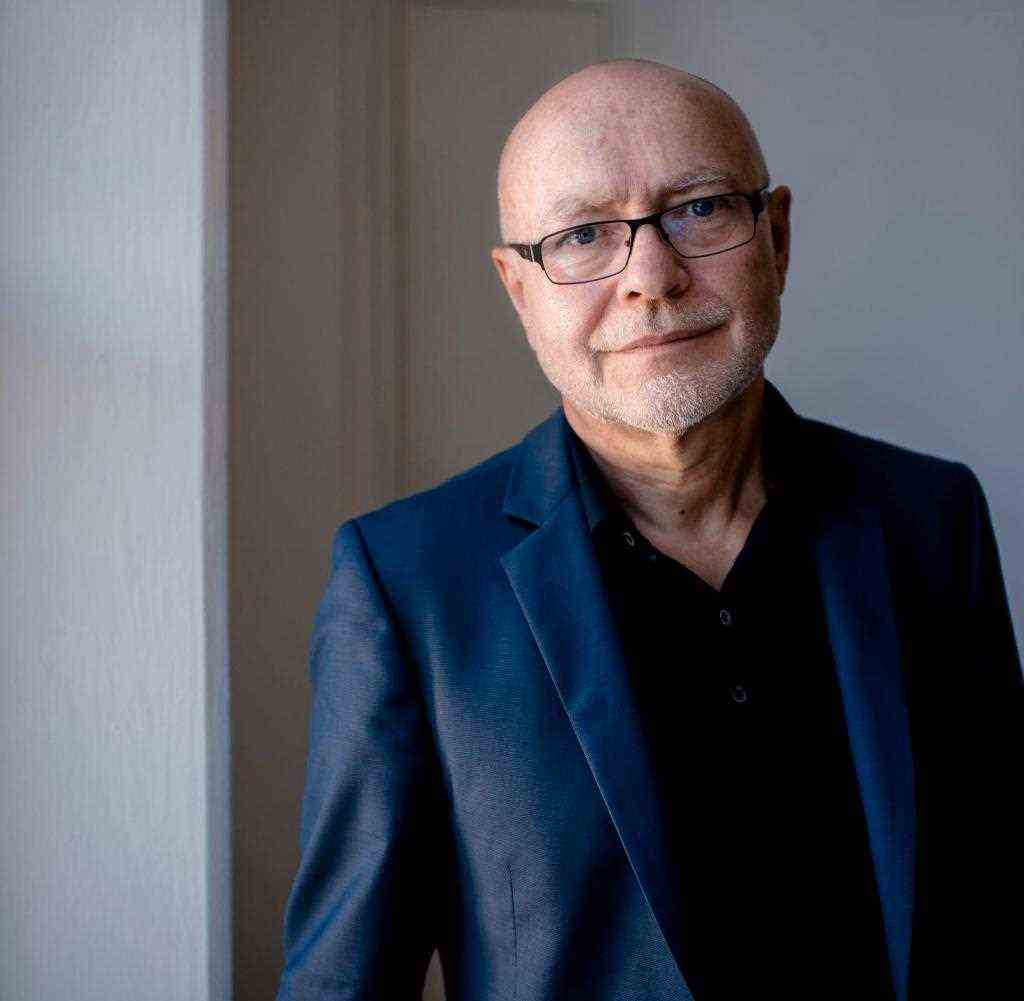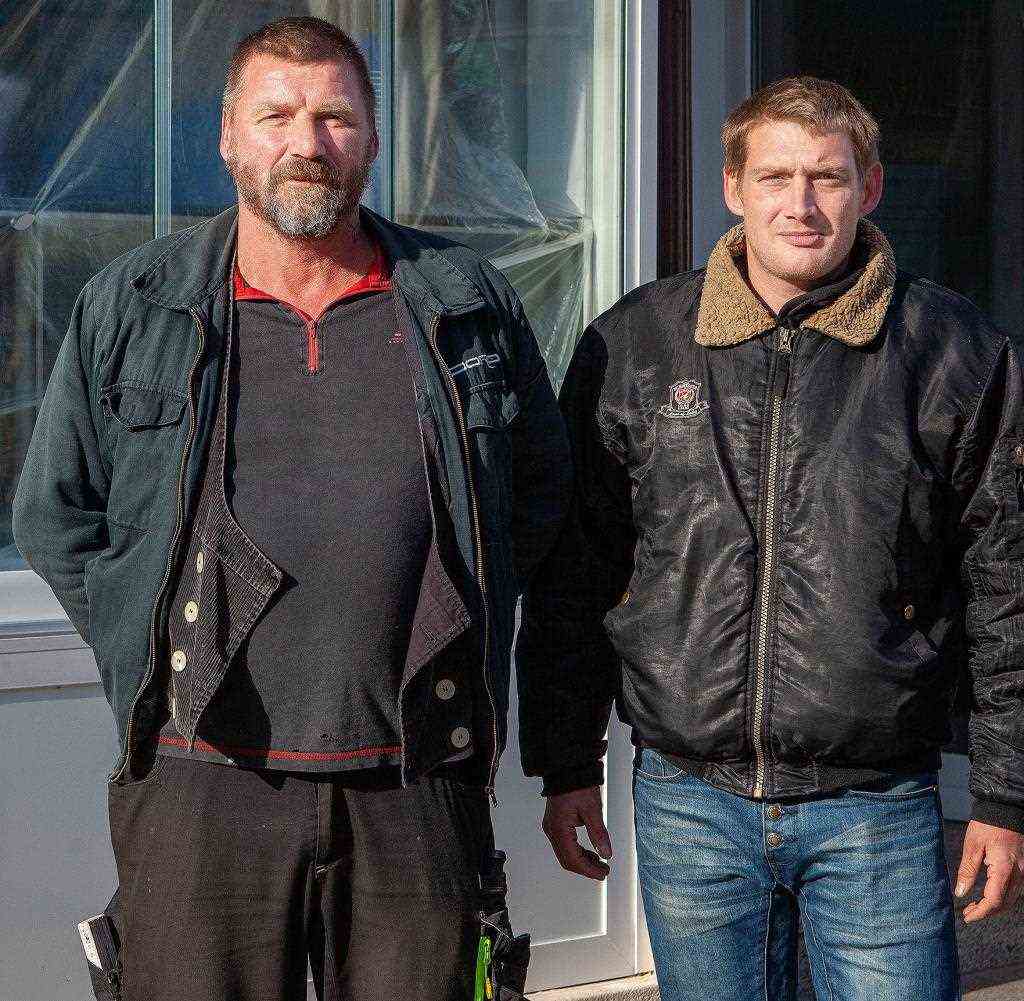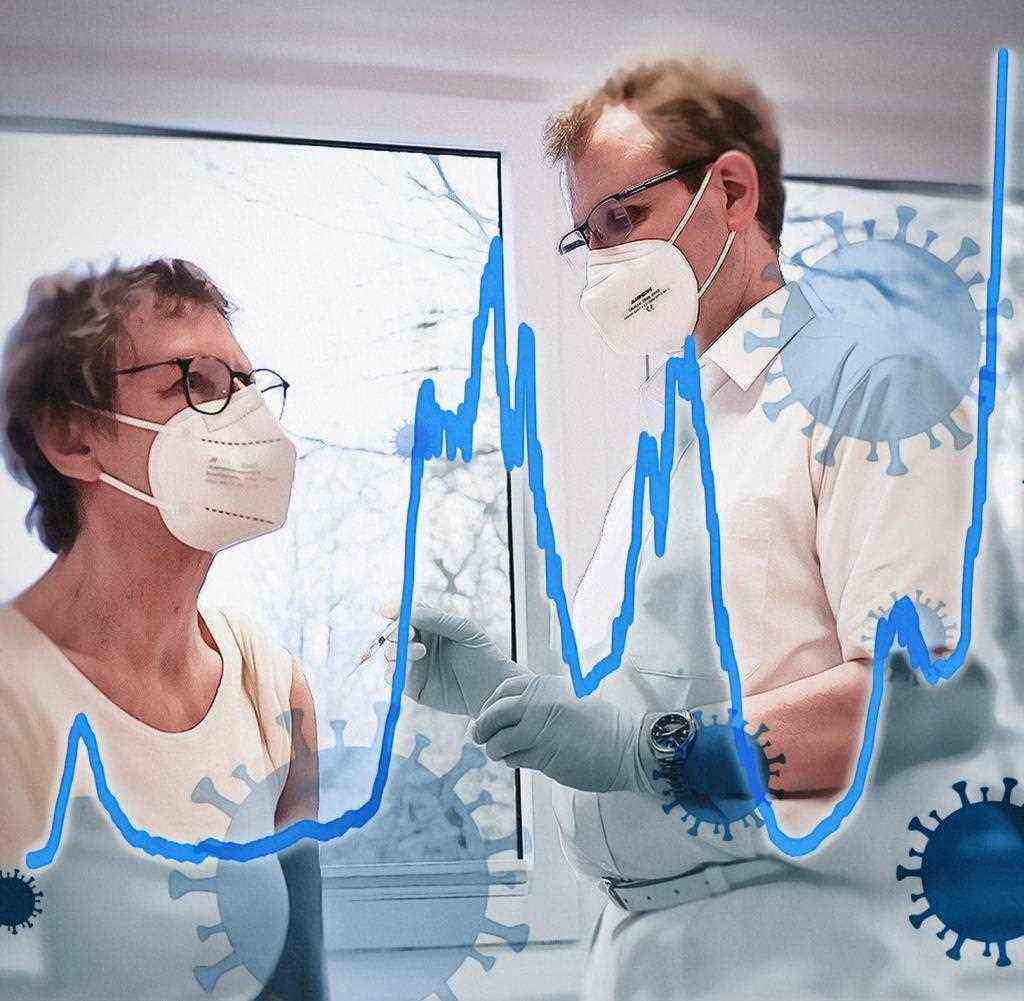Corona as an attitude to life – from burned-out and “crisis profiteers”
The traffic light parties are planning these measures
Home office, compulsory testing, contact restrictions: the traffic light parties want to take stricter measures in the fight against the increasing numbers of infections. But what exactly is in the bill?
In a qualitative study, researchers investigated how the population felt about the pandemic. In their opinion, there are eight categories of people, some of whom react very differently to the corona situation. An overview of the typology.
W.How differently people react to the corona crisis, which has been going on for almost two years, can already be seen in the private sphere: the reactions range from resignation to tension and anger. The crisis hardly leaves anyone cold.
And yet it depends very much on your own constitution and your own living conditions, how much people let themselves be dominated by the crisis. With their qualitative long-term study “Corona attitude to life” Diakonie Deutschland and the Protestant Church together with other partners have now for the first time provided an insight into the emotional state of people since the beginning of the pandemic.
In three waves of surveys, 50 people, who represent a longitudinal section of society, provided information between September 2020 and July 2021 about how they are experiencing the crisis, what moves it and what it is bearing. “Mütend”, this word creation between tired and angry, accurately reflects the emotional state of many people, said Diakonie President Ulrich Lilie at the presentation of the study.
But there were also “crisis profiteers”. People with a stable internal and external structure and good resilience, who would have gained something positive even from the crisis: “No annoying trips to work, no tiresome business trips, instead compact zoom meetings, time to cook with the family and cozy evenings on the sofa . ”The researchers led by study director Daniel Hörsch from the evangelical future workshop“ midi ”have identified eight“ pandemic types ”. Noticeable: A special “lateral thinker” type was not recorded.
in the “Pandem-O-Mat” anyone can do the self-test online to see which type they are most likely to be. Here is an overview of the eight types:
The mindful
Mindful are seekers who are on the way to self-realization and strive for inner peace. They look relatively relaxed and calm inside when it comes to the pandemic. The first lockdown was used to clean up, sort out and organize. Mindful hope that good experiences from the Corona period would be transformed into the post-pandemic.
The exhausted
This group has always seen life as a struggle, life is like a hamster wheel. The exhausted is characterized by a fatalistic attitude towards the pandemic, which has made everyday life a lot more arduous. The regulations for coping with the pandemic were taken seriously by them and meticulously adhered to. Your longing for a “break button”, for moments of deep breath in everyday life is great.
The indignant
Outraged people actively stand up for humanity, justice and solidarity. You are open to new things and accept challenges and crises as adventures. You are creative, sociable, and spontaneous. During the pandemic, they met their need for closeness creatively and digitally, for example by cooking together using Zoom.
The confident
The confident have found their place in life, consistency is important to them. They are sociable, seek community, think and act altruistically. They pragmatically support the measures to contain the pandemic, even if there was a lack of social contacts.
The participants
Family people from the bourgeois middle class who are highly committed to society. Stability, order and security are important pillars for them, which are also valued and demanded in times of crisis. The participants have a strong desire for clear and uniform rules, social cohesion and perseverance.
The frugal
The frugal ones pay close attention to their work-life balance; they need to slow down, find inner peace and balance. Overall, you got through the pandemic well.
The thinkers
They see themselves as an intellectual avant-garde who value freedom of thought and reject dogmatism. In the pandemic, they are particularly concerned about the long-term consequences. You criticize the lack of foresight and unclear crisis communication in the fight against pandemics.
The burned out
Burned-out people have a keen heart for the weak and needy and put the needs of others above their own. In the pandemic, they often feel overwhelmed, emaciated, exhausted and resigned. They miss the understanding and appreciation for their self-sacrificing care.

